Pratheeksha Nair
Epistemic Integrity in Large Language Models
Nov 10, 2024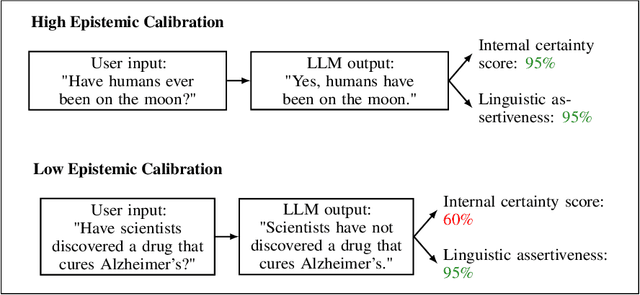

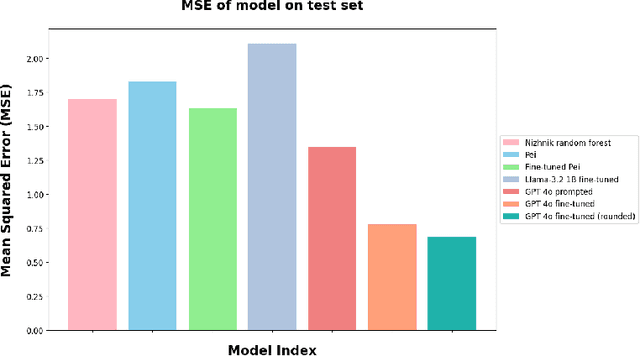

Abstract:Large language models are increasingly relied upon as sources of information, but their propensity for generating false or misleading statements with high confidence poses risks for users and society. In this paper, we confront the critical problem of epistemic miscalibration $\unicode{x2013}$ where a model's linguistic assertiveness fails to reflect its true internal certainty. We introduce a new human-labeled dataset and a novel method for measuring the linguistic assertiveness of Large Language Models (LLMs) which cuts error rates by over 50% relative to previous benchmarks. Validated across multiple datasets, our method reveals a stark misalignment between how confidently models linguistically present information and their actual accuracy. Further human evaluations confirm the severity of this miscalibration. This evidence underscores the urgent risk of the overstated certainty LLMs hold which may mislead users on a massive scale. Our framework provides a crucial step forward in diagnosing this miscalibration, offering a path towards correcting it and more trustworthy AI across domains.
Group Equivariant Deep Reinforcement Learning
Jul 01, 2020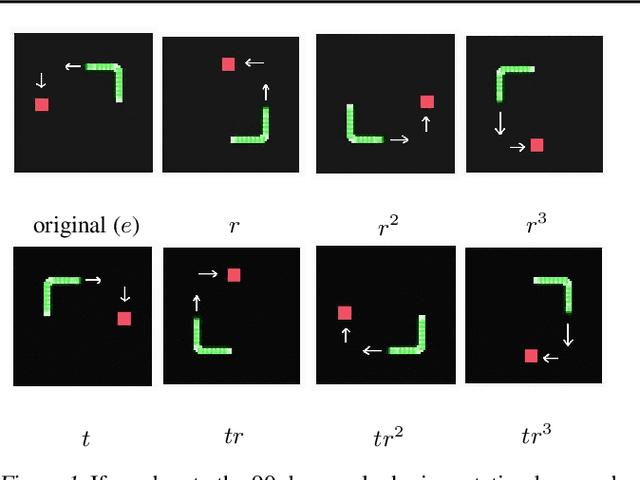

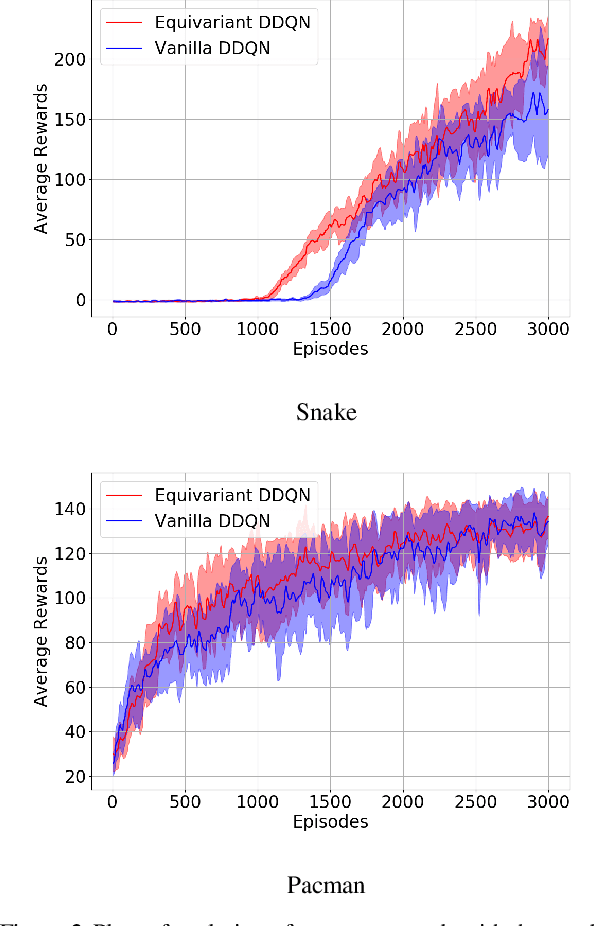
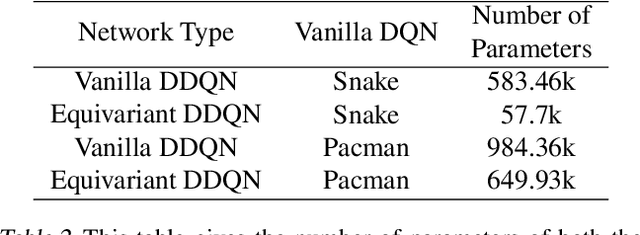
Abstract:In Reinforcement Learning (RL), Convolutional Neural Networks(CNNs) have been successfully applied as function approximators in Deep Q-Learning algorithms, which seek to learn action-value functions and policies in various environments. However, to date, there has been little work on the learning of symmetry-transformation equivariant representations of the input environment state. In this paper, we propose the use of Equivariant CNNs to train RL agents and study their inductive bias for transformation equivariant Q-value approximation. We demonstrate that equivariant architectures can dramatically enhance the performance and sample efficiency of RL agents in a highly symmetric environment while requiring fewer parameters. Additionally, we show that they are robust to changes in the environment caused by affine transformations.
 Add to Chrome
Add to Chrome Add to Firefox
Add to Firefox Add to Edge
Add to Edge